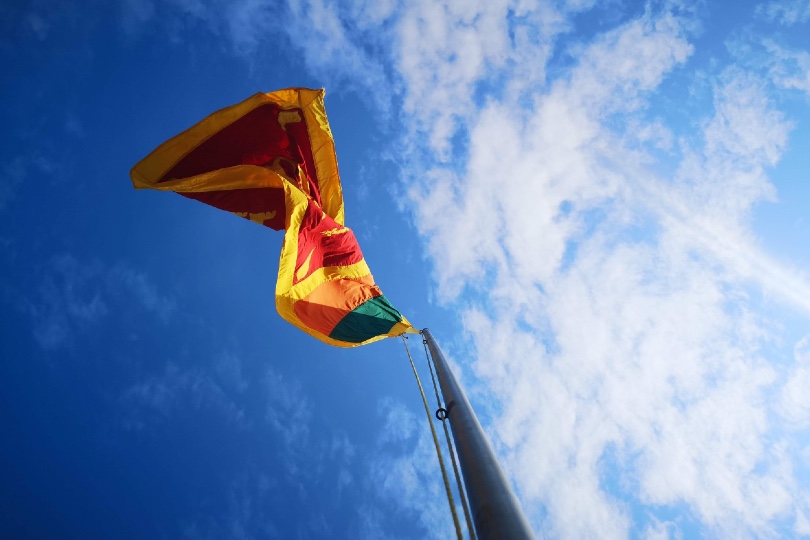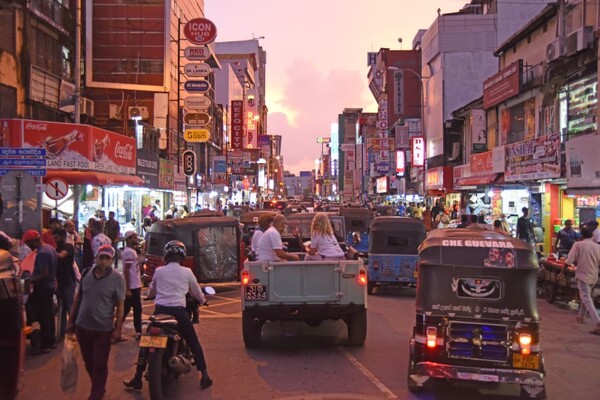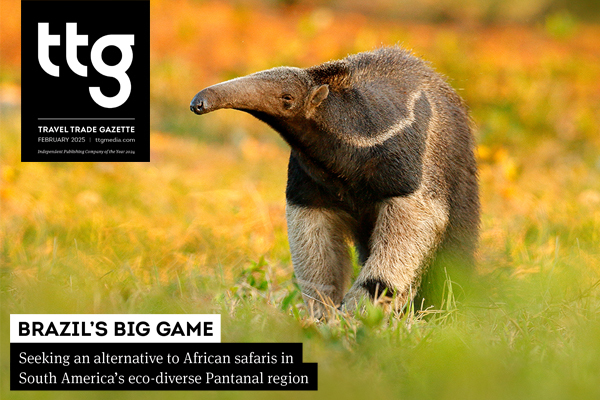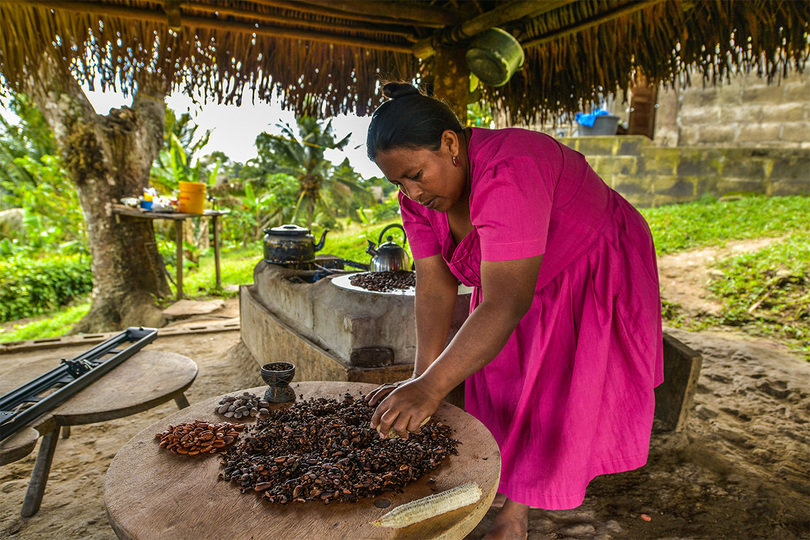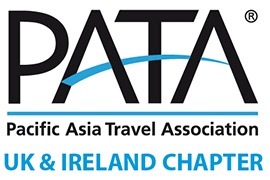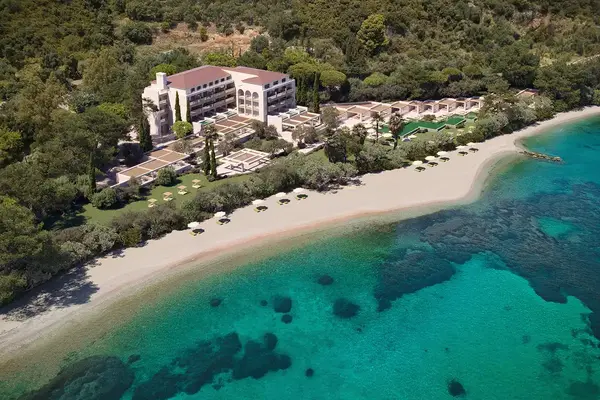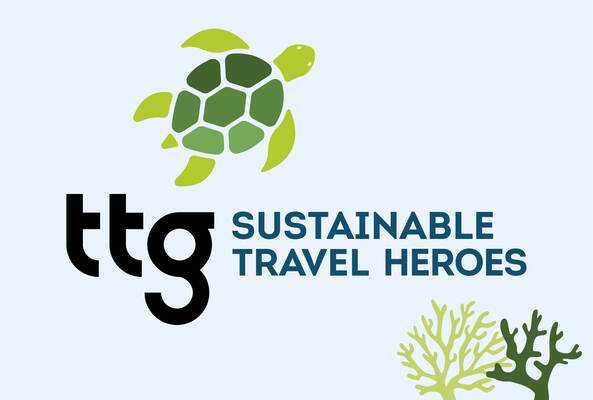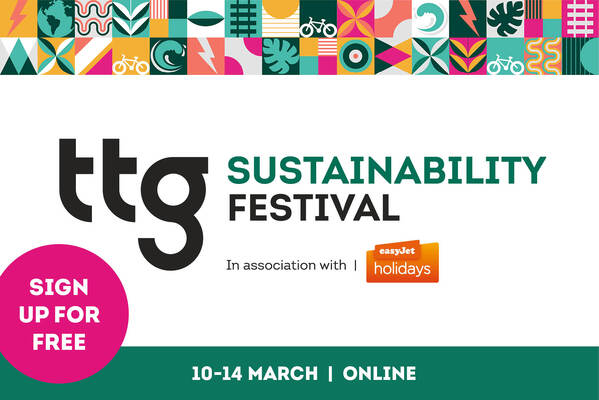Campaigners claim qualified victory after FCDO revises Sri Lanka travel advice
Travel trade campaigners, who have been calling on the Foreign Office (FCDO) to soften its travel advice for Sri Lanka, have claimed a qualified victory after the advice was revised at the weekend, although the wording continues to warn prominently of the risk of terror attacks in the country.
Earlier this year Sri Lanka specialist Experience Travel Group published an open letter warning the FCDO’s travel advice for Sri Lanka was "systematically undermining the travel industry" and harming the country’s recovery from both the Easter 2019 terror attacks and the pandemic.
The letter was signed by UK parliamentarians and several Sri Lankan travel providers, as well as prominent figures from the country, such as former Surrey cricketer Kumar Sangakkara and called for more consistency from the Foreign Office. It was later accompanied by research contextualising the power of the FCDO’s advice on consumer choices.
The campaign highlighted, in particular, the FCDO’s warning that there remained a significant terror risk to Brits visiting Sri Lanka, as well as the potential for domestic protests and demonstrations following a period of economic strife following the pandemic.
A revision to the FCDO’s advice was published shortly after midday on Friday (5 April), removing some of the warnings around food, fuel and medicine shortages that date to the economic downturn in Sri Lanka – one that the campaigners insist has passed sufficiently as to all-but ensure there is no material effect or impact for travellers.
As a whole, though, the update brought minor rather than sweeping changes, with the safety and security section of the FCDO’s advice for Sri Lanka continuing to lead on the "high" risk of terror attacks and the potential for political and social unrest.
Are the FCDO’s advisories still fit for purpose?
Sam Clark, chief executive of Experience Travel Group, said: "This is a major win for all those who signed up to our public campaign for fairer, more accurate travel guidance on Sri Lanka. Our polling showed 74% of Brits would be put off even from a free holiday if risks are overplayed.
"Nobody should deny themselves the beauties and cultural riches of this amazing country just because of a moderate risk that exists everywhere. After all, the UK itself is no stranger to political protest. If people are deterred from travel on that basis, they would never even leave their own front doors.”
Clark detailed the specific changes to TTG, which largely centre around improvements to the political and economic situation in Sri Lanka. Lines around the likelihood of unrest and stern intervention by Sri Lanka’s law enforcement authorities, the impact of curfews and the potential for power cuts, among others, have been removed, while some of the messaging about crime, personal safety and drink spiking has been removed or revised.
Clark said the campaign was "very happy" with the changes, particularly placing many of the troubles the country has suffered in a past context. He also acknowledged much of what remained was factual, while adding the advice would benefit from more consistency in terms of timelines and what events are worthy of inclusion when compared to other destinations.
‘Further boost’
The office of the Sri Lankan president Ranil Wickremesinghe’s media division reacted to the changes to the FCDO’s advice at the weekend, attributing the progress to the country’s "current economic advancement".
"This update encompasses various aspects including access to emergency medical services, entry security requirements, road safety, overall security situation, and health facility accessibility," read the statement.
"The revised advisory no longer includes previous concerns regarding shortages of food, fuel, and medicine. Additionally, the previously mentioned risks related to limitations in health services, such as the lack of medical equipment, have been omitted.
"The Sri Lankan High Commission in London has consistently advocated to British authorities for the removal of negative information from previous advisories. This effort aims to ensure tourists have a clear understanding of Sri Lanka’s current progress."
The office also confirmed nearly 54,000 tourists from the UK visited Sri Lanka in the three months to 27 March, making the UK its third largest source market. "This updated advisory is expected to further boost Sri Lanka’s tourism sector," the office added.
ETG teamed up with Aito, of which it is a member, to commission a poll of 4,000 people across the UK, the results of which revealed nearly three-quarters (74%) would turn down a free holiday if it involved travelling to a destination deemed unsafe by the FCDO.
The campaigners cited it as a demonstration of the power of the FCDO’s advice, and of the adverse effect it can have on destinations – and operators – if it is overzealous or dated.
The research also revealed British travellers were more likely to seek out government advice when travelling to destinations in Asia, again, with nearly three-quarters (73%) saying they would do so compared with 46% when making European trips.
ETG and Aito’s campaign was raised in the House of Lords last month, with Lord Naseby – vice-chair of the All Party Parliamentary Group for Sri Lanka – calling on foreign secretary David Cameron to take action to revise the Sri Lanka travel advice.
Sign up for weekday travel news and analysis straight to your inbox

James Chapple
Supplier Directory
Find contacts for 260+ travel suppliers. Type name, company or destination.
